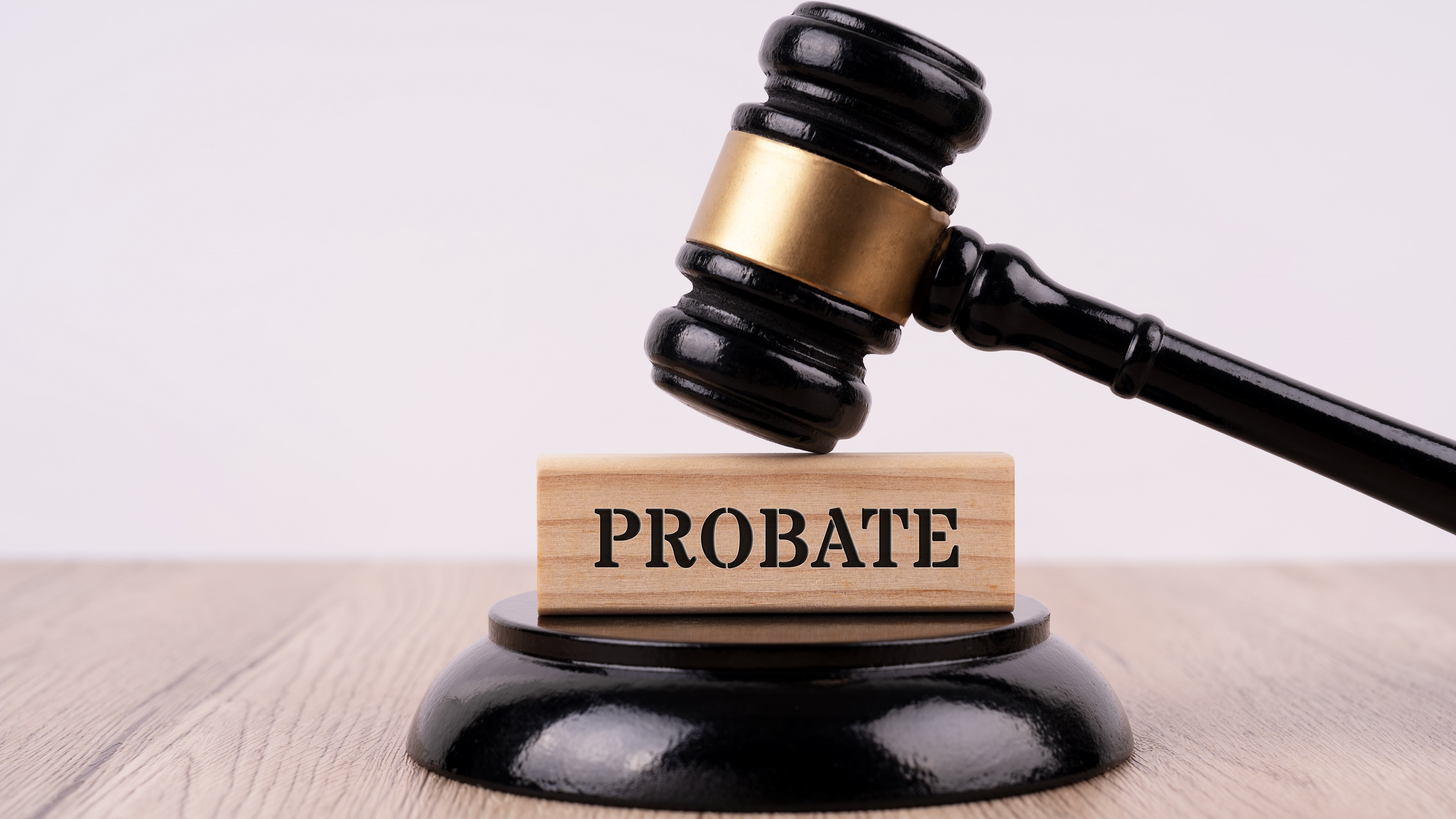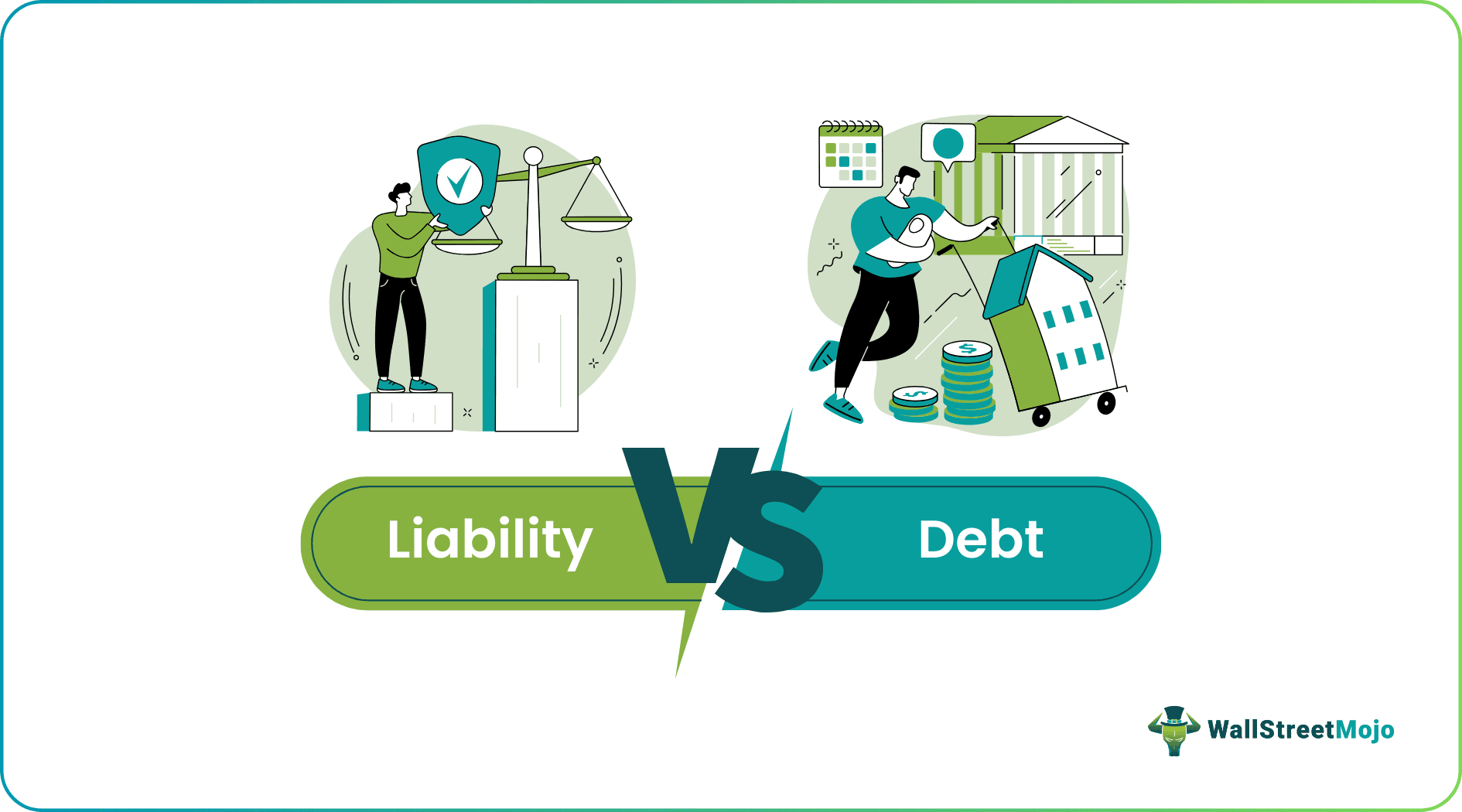Understanding probate court timelines is essential for anyone navigating the legal and emotional aftermath of losing a loved one. It’s not just about paperwork and court dates—it’s about resolving an estate, fulfilling someone’s final wishes, and making sure all loose ends are tied up legally. But let’s be honest: probate court can feel overwhelming, slow, and wrapped in red tape. So how long does probate really take? And what happens during each phase?
In this comprehensive guide, we’ll break down everything you need to know about understanding probate court timelines, from the moment a will is filed to the final distribution of assets. We’ll use real-life examples, tell stories from actual probate cases, and give you a detailed look at how the process unfolds in stages.

What Is Probate, and Why Does It Take So Long?
Probate in a Nutshell
Probate is the legal process by which a deceased person’s estate is settled. If the person left a will, the court authenticates it, appoints an executor, and oversees the distribution of assets. If there’s no will, the court follows intestacy laws to decide who gets what. Sounds simple? It can be—but often isn’t.
So why does understanding probate court timelines matter? Because without that knowledge, families are left frustrated, confused, and sometimes at odds over what’s supposed to happen next. The timeline isn’t just about speed—it’s about managing expectations.
Phase 1: The Initial Filing (Weeks 1–4)
Death Certificate and Locating the Will
The first step in understanding probate court timelines begins with gathering essential documents—especially the death certificate and the decedent’s will. This step can take days or weeks, especially if the death was unexpected or out of state.
Once you have the documents, you’ll file the will and an application to open probate in the county court where the deceased lived. In many jurisdictions, this filing triggers a mandatory waiting period—often 2 to 4 weeks—for interested parties to object.
Real-Life Delay Example
In one Texas case, the family couldn’t locate the original will for nearly three weeks. Without the original, probate couldn’t start, delaying the entire process by over a month. This is why understanding probate court timelines means appreciating that even minor setbacks can create a domino effect.
Phase 2: Probate Hearing and Executor Appointment (Weeks 4–8)
Setting a Court Date
After filing, the court schedules a hearing to:
- Validate the will
- Appoint an executor (or administrator, if there’s no will)
- Issue Letters Testamentary or Letters of Administration
This hearing typically takes place 4 to 8 weeks after filing, depending on the court’s docket and whether the will is contested.
Why This Matters
The letters issued by the court are vital. They give the executor legal authority to manage the estate—open bank accounts, sell property, pay debts, etc. Without them, the estate is in limbo.
Phase 3: Asset Inventory and Notification to Creditors (Months 2–4)
The Inventory Stage
Once the executor is appointed, they’re responsible for creating a complete inventory of the deceased’s assets. This includes:
- Real estate
- Bank accounts
- Investments
- Personal property
- Business interests
- Debts and liabilities

This inventory must be submitted to the court, typically within 90 days of the executor’s appointment.
Notifying Creditors
During this same period, the executor must notify known creditors and publish a notice to creditors in a local newspaper. Creditors generally have a limited window (usually 60–90 days) to file claims against the estate.
This part of understanding probate court timelines is crucial. Why? Because the executor can’t distribute assets until all debts are addressed. Ignoring or rushing this stage risks legal challenges later.
Phase 4: Debt Settlement and Tax Filing (Months 4–9)
Paying the Bills
With creditor claims in hand, the executor pays off valid debts. This includes:
- Mortgages
- Medical bills
- Credit cards
- Funeral expenses
- Final income taxes
Some estates also owe estate taxes, depending on their value. In the U.S., only estates exceeding certain thresholds (over $13 million as of 2025) owe federal estate taxes, but state-level taxes may apply too.
IRS Deadlines
If estate taxes are due, they must generally be paid within 9 months of the date of death. Understanding this deadline is a key part of navigating probate court timelines, as tax delays can result in penalties or liens against the estate.
Phase 5: Disputes, Contests, and Will Challenges (Months 6–12+)
When Probate Becomes a Battlefield
Sometimes, everything goes smoothly. But often, someone contests the will or disputes the way the executor is handling things. Common conflicts include:
- Allegations of undue influence
- Claims of fraud or coercion
- Disagreements among heirs
- Lawsuits from disinherited family members
These challenges can extend probate by months—or even years.
Case Study: When a Brother Contested the Will
Consider the case of a California family where one sibling was left out of the will. The brother claimed the will was forged. The resulting litigation added 18 months to the probate timeline.
That’s why understanding probate court timelines must include the possibility of litigation and the need for legal counsel when things get messy.
Phase 6: Final Accounting and Distribution (Months 9–18)
Wrapping Things Up
Once all debts are paid, disputes resolved, and taxes filed, the executor files a final accounting with the court. This document outlines:
- What was collected
- What was paid
- What remains for distribution
Once approved, the executor distributes assets according to the will or state law. Beneficiaries receive their inheritance, and the court issues an order closing the estate.
Timelines Vary
In simple cases, this happens within 9–12 months. In complex or contested estates, it can take 18 months or longer. But no matter the timeline, proper documentation at every stage is crucial.

Special Situations That Can Affect Probate Timelines
No Will (Intestate Estates)
If the decedent died without a will, the court must follow state intestacy laws. This adds layers of complexity and often delays the appointment of an administrator.
Out-of-State Property
If the estate includes property in another state, ancillary probate must be opened in that jurisdiction. This adds months to the timeline.
Minor or Incapacitated Heirs
If an heir is a minor or under guardianship, the court may appoint a guardian ad litem or trustee, adding another level of legal review.
Understanding these possibilities is part of the deeper strategy behind understanding probate court timelines. It’s not just about waiting; it’s about anticipating complications.
Tips to Speed Up the Probate Process
1. Locate and Organize Documents Early
The faster you provide the will, death certificate, insurance policies, deeds, and account statements, the sooner probate can begin.
2. Use a Probate Attorney
Probate attorneys help avoid missteps that can cause delays. They understand local court rules, deadlines, and how to respond to disputes before they escalate.
3. Communicate with Heirs and Creditors
Lack of communication is one of the top causes of family conflict during probate. Keeping everyone informed reduces suspicion and speeds up resolution.
4. Stay Ahead of Court Requirements
Courts require regular filings—inventory reports, tax documents, accountings. Missing these deadlines can cause the court to delay or deny approvals.
When you’re focused on understanding probate court timelines, these proactive measures can shave months off the process.
What If You Don’t Want to Wait? Alternatives to Formal Probate
Small Estate Affidavits
In many states, if the estate is under a certain value (like $75,000 in Texas), heirs can file a small estate affidavit to claim assets without going through formal probate.
Transfer on Death (TOD) Deeds and Payable-on-Death Accounts
Assets like retirement accounts, life insurance, and TOD deeds bypass probate entirely if beneficiaries are named properly.
Living Trusts
A revocable living trust is one of the best tools for avoiding probate altogether. Assets placed in a trust transfer to beneficiaries without court involvement, dramatically reducing the timeline and legal fees.
If avoiding delays is important to your family, these estate planning tools can transform how you approach understanding probate court timelines in the future.
Emotional Considerations During Probate
Grief Doesn’t Wait for Paperwork
While probate is legal and procedural, it occurs during a time of personal loss. Families are often navigating shock, sadness, and stress—all while being asked to make legal decisions.
How Delays Impact Healing
Unresolved estates can create emotional fatigue and conflict among relatives. The longer probate drags on, the harder it becomes to find closure.

That’s why understanding probate court timelines isn’t just about legal strategy—it’s about emotional well-being.
Final Insights: Preparing for Probate Court Timelines
So, what’s the bottom line?
Understanding probate court timelines isn’t just about counting months—it’s about understanding the moving parts, the people involved, and the legal obligations every step of the way. From locating a will to distributing assets, the process can be smooth and predictable—or full of detours.
Whether you’re an executor, heir, or someone planning your own estate, the more you know about the timeline, the better prepared you’ll be. And in the world of probate, preparation is everything.
Take the time now to organize documents, communicate clearly, and seek professional guidance. Because when the time comes, having a clear roadmap will be the difference between chaos and clarity.








